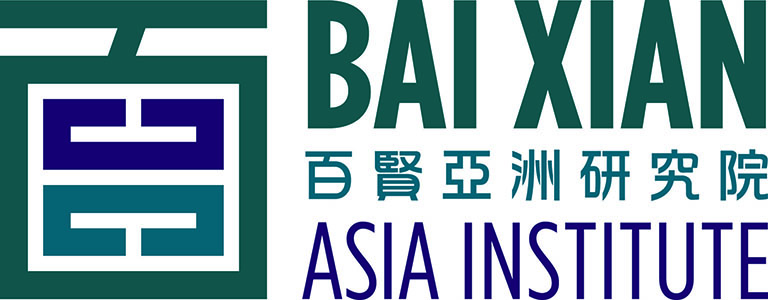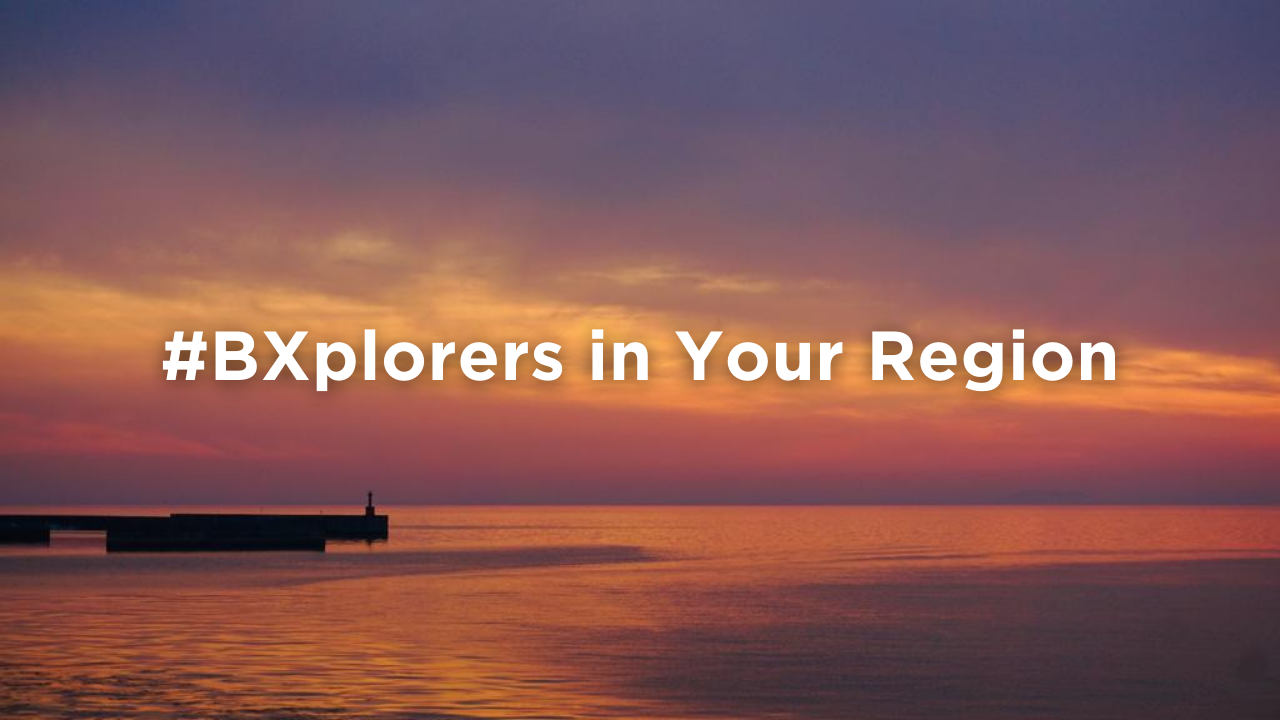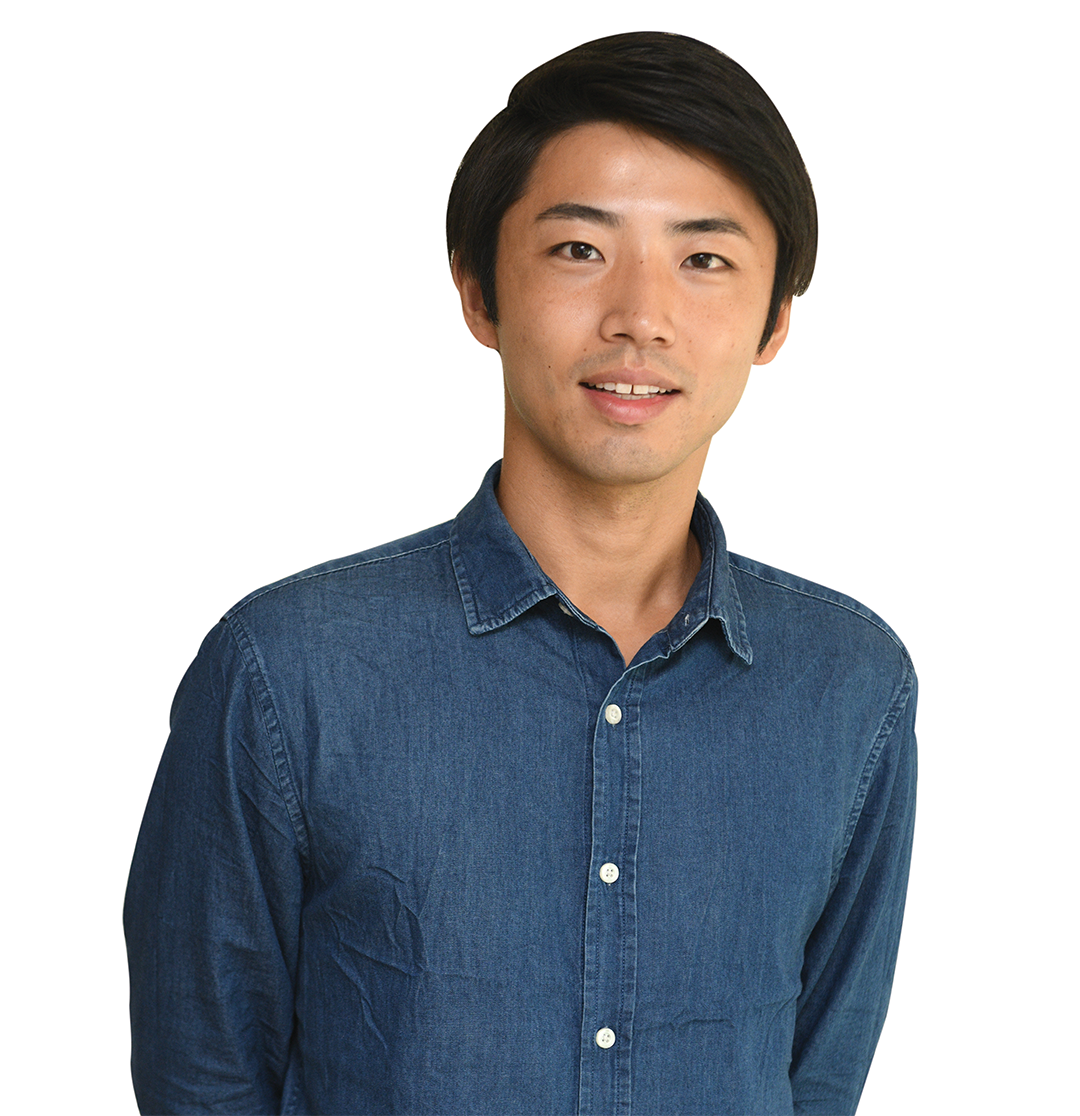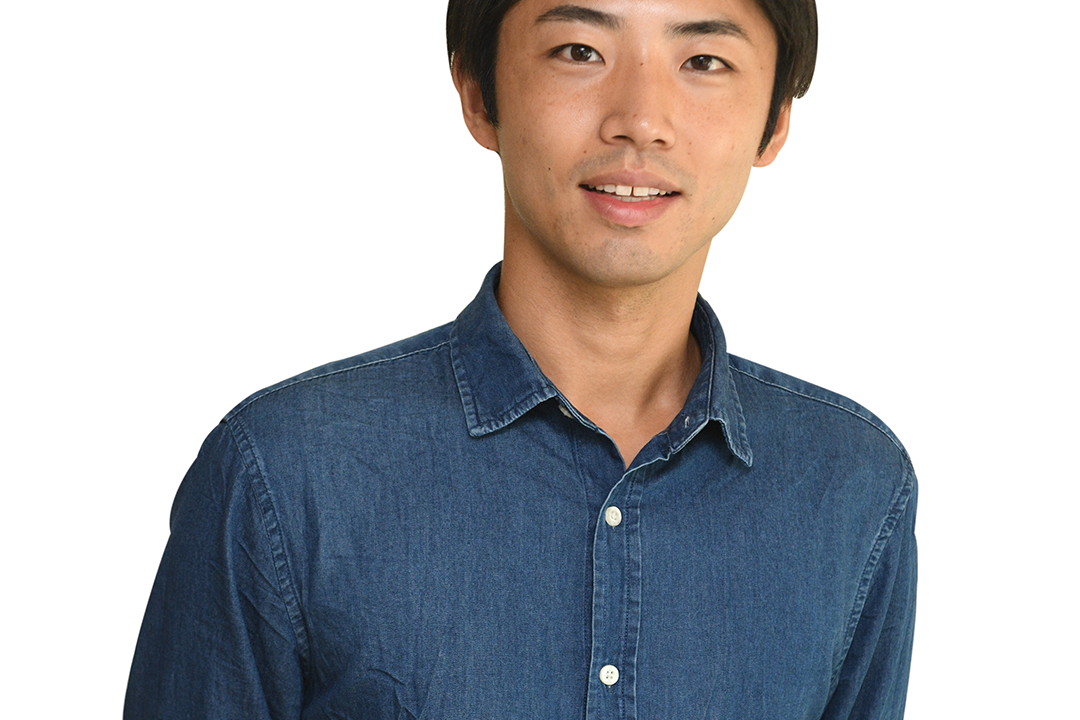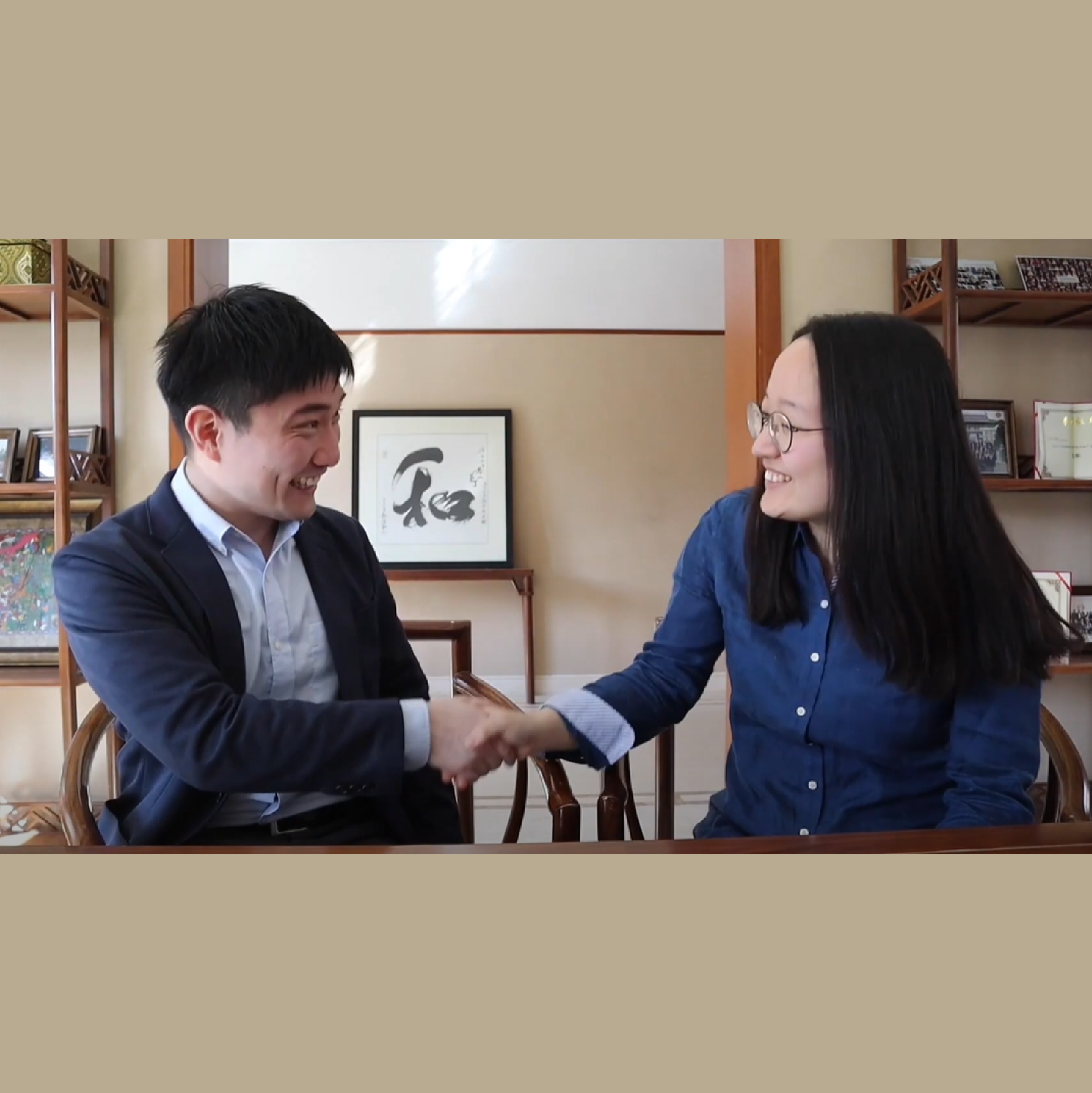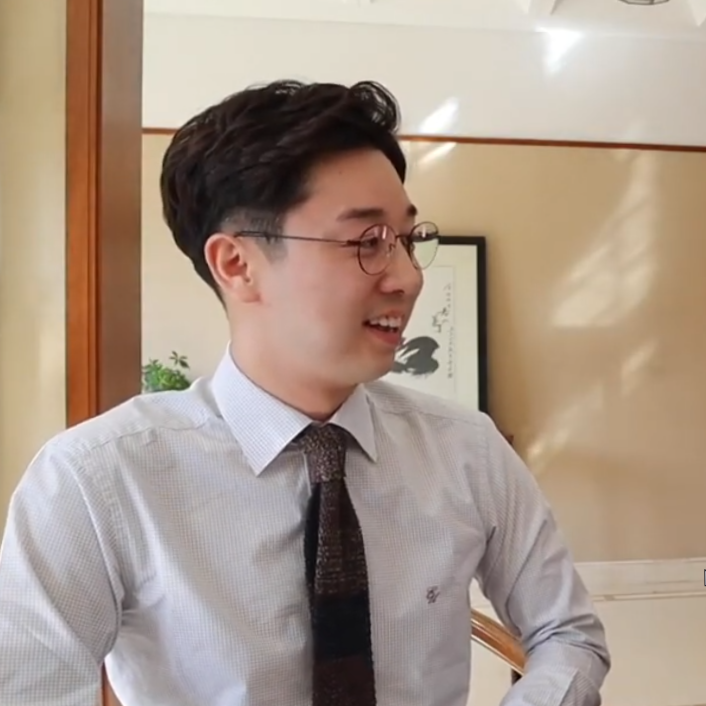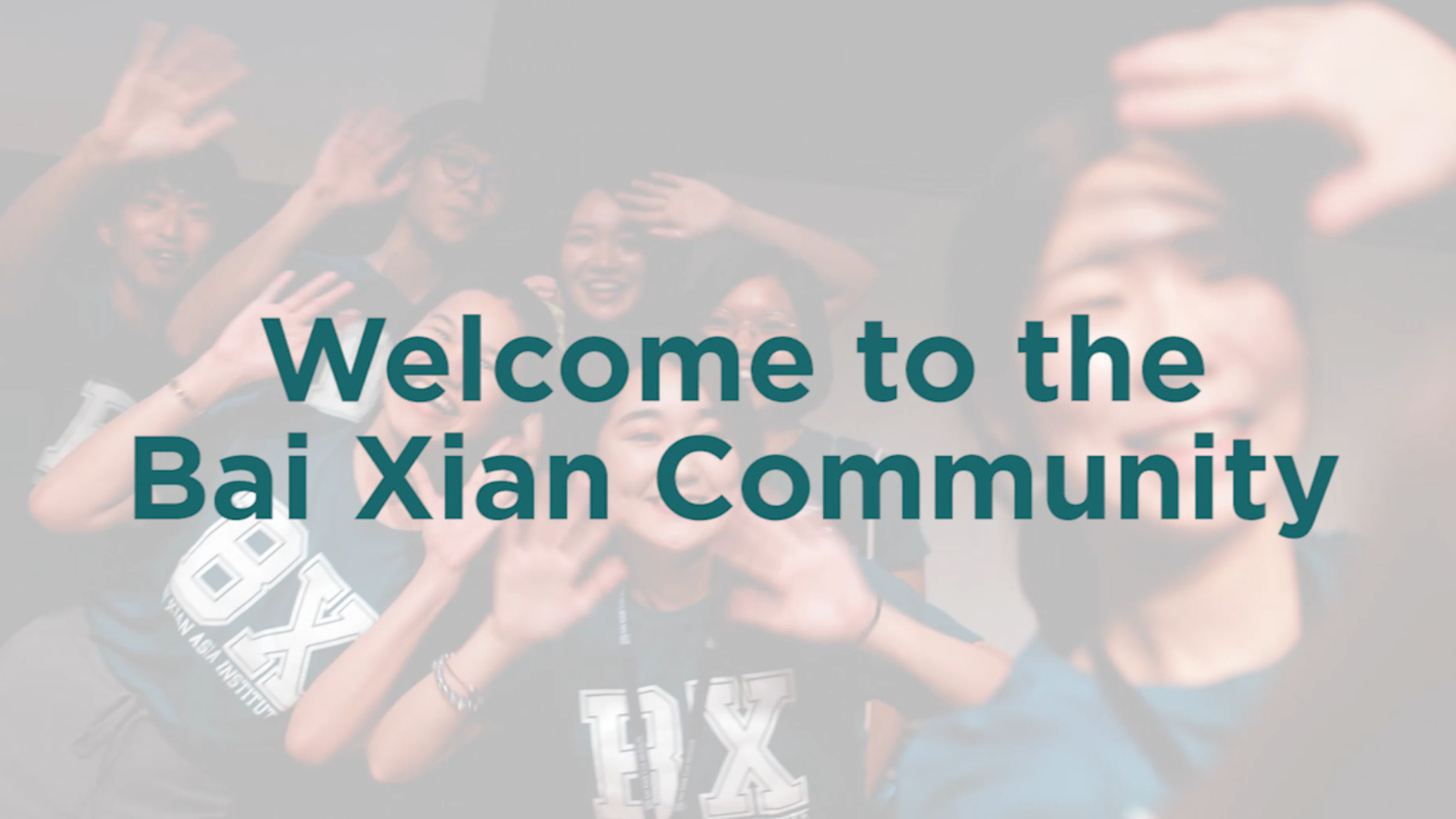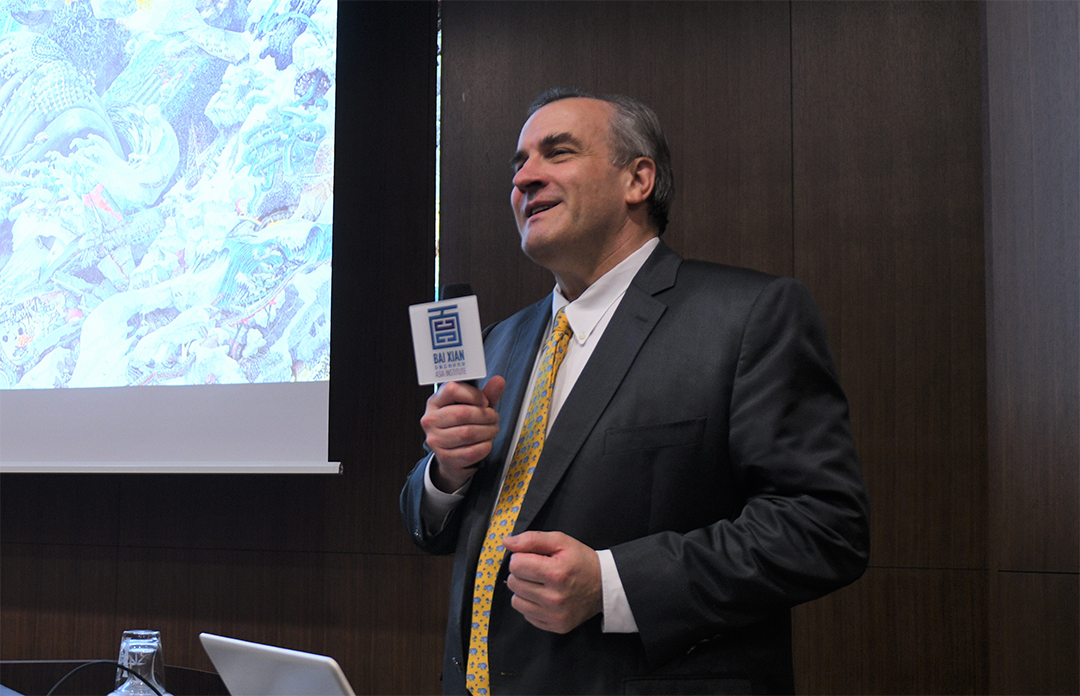#BXplorers: Virtual Campus Tours
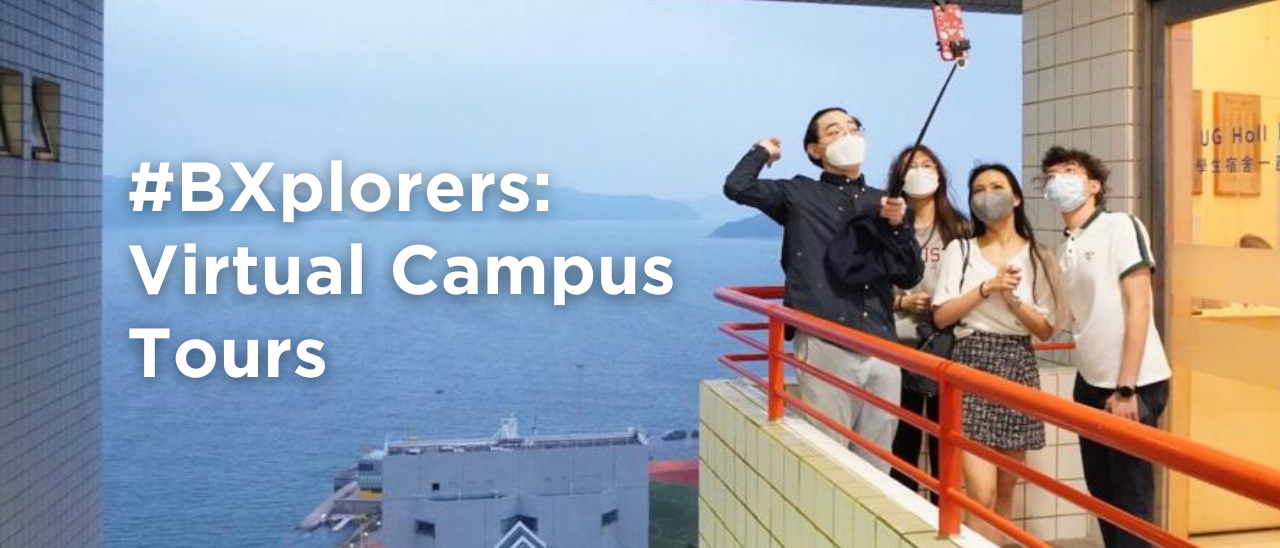
#BXplorers: Virtual Campus Tour of The Hong Kong University of Science and Technology
BX Alumni Grace Kim, Jessie Malit, and Min Park, along with Dane Ancheta from the 2020 cohort, led a virtual campus tour of The Hong Kong University of Science and Technology (HKUST) on October 30. Showing off iconic spots from their daily route, each of them shared about their university life and offered fun facts about HKUST. Get a taste of what it’s like to be an HKUST student through highlights of our one-hour tour!
#BXplorers: Virtual Campus Tour of Peking University
Join our virtual guide, BX Scholar Shiro Yang, on a brief tour of Peking University and get a taste of campus life in beautiful PKU!
#BXplorers: Virtual Campus Tour of Waseda University
Check out a day in the life of BX Scholar Zhang Junyao, who takes us on a quick virtual tour of beautiful Waseda University and its neighborhood.
#BXplorers: Virtual Campus Tour of Kyoto University
Explore Kyoto University through the eyes of BX Alumni Tang Jiajie, Yang Zhongda, and Zhou Chuying as they guide us on a virtual tour around their campus!
#BXplorers: Virtual Campus Tour of Shanghai Jiao Tong University
Tour Shanghai Jiao Tong University via motorcycle with virtual guide and BX Scholar, Chen Yi-Hsuan, who captures top go-to spots on campus for students like her!
#BXplorers in Your Region
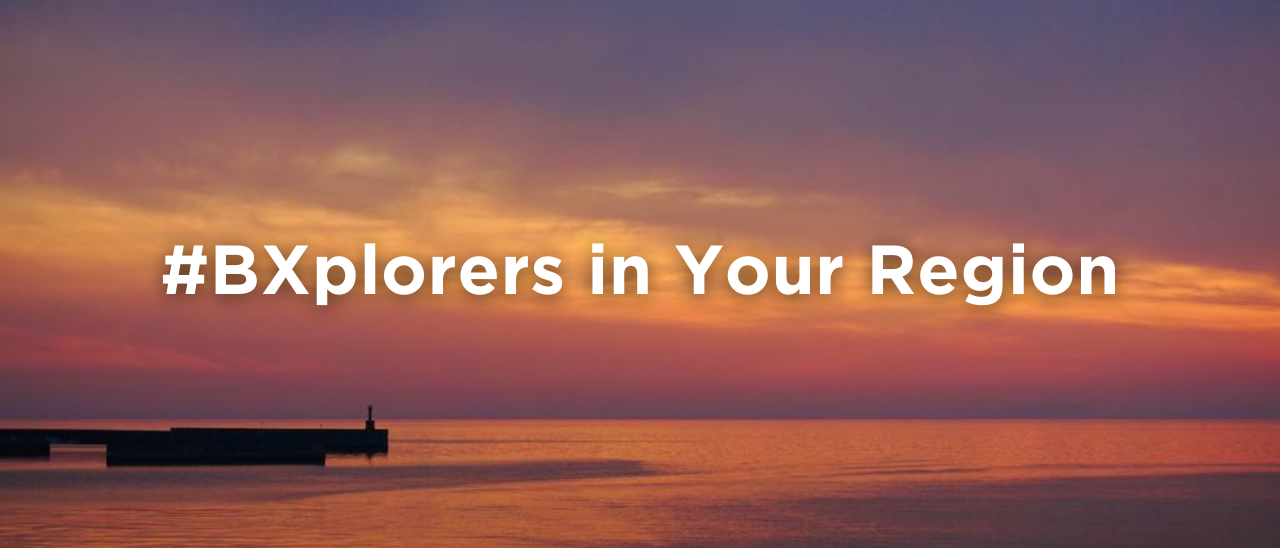
With travel at a standstill, we continue to invite our community members to #BXplorers and show off the beauty of their respective regions in Asia through their lenses. Be our virtual tour guide by sending photos or videos of your favorite places to visit in your region to: [email protected] – you may get featured in our next post!
#BXplorers in Kyoto: Jimmy HUI
Our #BXplorer today is Jimmy Hui, a BX Alumnus who has lived in Kyoto for two years. Check out some of his favorite Kyoto sites, which offer a taste of the rich history, heritage, and culture of Japan’s former capital.
#BXplorers in Matsuyama: GAO Tianqi
“I’ve been spending my quarantine in Matsuyama, a small seaside town of Shikoku in Japan since March. The beauty of nature brings me a peace of mind – everything and everyone I met here is simply nice,” says BX Alumnus Gao Tianqi. Scroll down to admire the breathtaking sunsets captured by Tianqi.



#BXplorers in Beijing: Becky YIP
Fancy a trip to Beijing? Join us on a quick virtual tour of the Palace Museum led by BX Alumna Becky Yip, who brings us to the museum’s special exhibition celebrating the 600th anniversary of the Forbidden City!
#BXplorers in Hong Kong: Fiona CHONG
Longing to travel or seeking a brief respite from the “new normal”? Join #BXplorer Fiona Chong from BXAI on her laid-back virtual tour of Hong Kong as she showcases the different faces of the city!
#BXplorers in Hong Kong: Changjoon RHEE
“Sai Kung is the silver lining to the dark clouds of my PhD life – a perfect getaway full of dense green forests, crystal clear water, breathtaking trails, and amazing seafood to compensate for all the expended calories from the hike,” says BX Alumnus Changjoon Rhee, who has found refreshment and comfort in the beauty of nature in Hong Kong.


#BXplorers in Hong Kong: Jessie MALIT
BX Alumnus Jessie Malit recently took a break from his regular weekend hike and hopped on a ferry to Cheung Chau, a quaint island in Hong Kong packed with interesting attractions like old temples, beaches, hiking trails, and alfresco seafood restaurants. “Not only is Cheung Chau a great place to unwind, it has helped me better appreciate Hong Kong’s local history, culture, and cuisine!” says Jessie.


 .
. 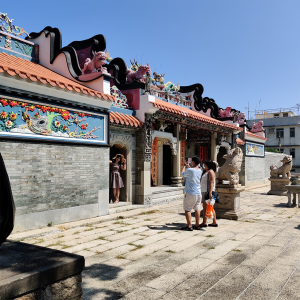
#BXplorers in Jeju: Daum KIM
Hop on board our virtual tour to South Korea’s Jeju Island today with BX Alumna Daum Kim! Highlighting the best of what Jeju has to offer, Daum showcases the island’s breathtaking natural sights, rich culture, and mouth-watering local and ethnic cuisine.
LEE Moongyung
LEE Moongyung – Bai Xian Alumna, 2015 cohort; master’s degree in public administration, Tsinghua University. Moongyung reflects back on how her Korean upbringing, combined with her AFLSP experience, have paved the way for a flourishing career in sustainable development.
Moongyung’s heart for the unheard and vulnerable was nurtured by her parents from a young age. “During school holidays, my parents often brought my brother and me along with them to volunteer abroad, where we would take part in projects such as rebuilding houses in areas affected by severe climate change,” she reminisces. “Seeing the poverty in these communities made me realize the privilege I enjoyed and how easy it is to take that for granted. I wanted to bring positive change so I decided to pursue higher education in China.”
During her time in Beijing with the AFLSP, Moongyung not only enjoyed being immersed in Chinese culture and society, but also cherished the unique opportunities afforded her, such as the chance to contribute to a startup established by fellow Tsinghua students and compete in a startup pitch competition. What she did not expect, however, was how her struggle with air pollution would prompt her to consider the relationship between economic prosperity and environmental protection, and its impact on human lives. After graduation, her curiosity and interest in the topic led her to her current role at the European Bank for Reconstruction and Development, where she works as part of the energy efficiency and climate change team tasked to promote green finance and pursue sustainable economic growth in underdeveloped countries. The job allows her to combine both her passions: sustainable development, and being a voice for the marginalized. “My mission is to represent the underrepresented,” she says. “I hope my contributions, small as they are, help make a difference in the lives of those who are often forgotten by society.”
In addition to her full-time work, Moongyung has also been actively involved in various social impact startups, including one that provides affordable medical care technology in China, another seeking to establish microfinance initiatives in South Asia, and most recently, a blockchain tech-based startup looking to increase the efficiency of e-government in South Asia.
Jimmy GAO
Jimmy GAO – Bai Xian Alumnus, 2017 cohort; MBA, Hitotsubashi ICS. Originally from Anhui province, China, Jimmy’s passion for exploring different cultures steered him to the AFLSP, which ultimately led him to his current job and a creative cross-cultural project.
Fascinated by Japanese culture from a young age, Jimmy was thrilled to be selected as a Bai Xian Scholar to study in Japan. While pursuing his MBA at Hitotsubashi ICS alongside students from all around the world, Jimmy learned about the multifaceted differences between various countries and regions while forming lasting friendships with his peers. His experience also inspired him to promote mutual understanding between Japan and his home country after graduation.
Today, Jimmy is an overseas marketing manager of a Japanese fashion retailer, and believes that his AFLSP experience has prepared him well for this role. “I see differences as opportunities,” he says. “My goal was to be a bridge to connect China and Japan, and my current job allows me to do that and more.” Jimmy admits, however, that it has not been all plain sailing, adding that being a foreigner in Japan has its challenges. “It takes some time to understand Japan’s unique work culture. In terms of fitting in, I’ve found that learning Japanese and being respectful of the Japanese culture help immensely.”
As a Bai Xian Alumnus, Jimmy remains an active member of the Bai Xian community. At the 2019 Summer Program, he volunteered to moderate the very popular career panel, interacting with scholars, alumni, and speakers, and reconnecting with old friends. During the year, he enjoys organizing BXAI Alumni Association events in Tokyo to connect alumni with current students. “I have gained so much from the AFLSP so I always want to find ways to give back,” he says. “I love sharing with the scholars, meeting different people, and making new friends.”
Jimmy is also a part of Ethnic Neighborhoods, a social project that highlights immigrant communities and stories through creative video content to foster cross-cultural understanding. The team won the Alumni Initiative Award in 2019. “Living in Japan and contributing to this project have allowed me to see the divisions that still exist in our world today, and further awakened me to the importance of mutual understanding between cultures,” he says.
Kazuki MIYAZAKI
Kazuki MIYAZAKI – Bai Xian Scholar, 2018 cohort; master’s degree in international relations and politics, Yenching Academy of Peking University (YCA). Kazuki’s passion for sustainable peacebuilding in Asia led him to the AFLSP, which has empowered him to take concrete steps towards effecting positive, long-term change in the region.
After learning about “negative peace” (the absence of violence) in a peace studies class, Kazuki developed an interest in building sustainable peace in Asia, something that requires both negative peace and positive peace (tackling and preventing the root causes of conflict). It comes as no surprise then, that BXAI’s mission – to build bridges across cultures – greatly resonated with him at the time, compelling him to pursue a master’s degree in China studies in Beijing. “China is a very important player in Asia, and thus, a critical component of sustainable peacebuilding for the continent,” says Kazuki.
During his first year at YCA, Kazuki not only immersed himself in Chinese culture and enjoyed opportunities to meet influential leaders from different fields, he also took the initiative to conduct extensive research on Sino-Japanese relations. In examining the correlation between tourism and public opinion, he discovered that visiting another country generally helps people develop a more positive, balanced view of that country. This seemed most clearly demonstrated amongst the Chinese: as the number of Chinese tourists visiting Japan increased over recent years, the Chinese people’s perception of Japan also dramatically improved. On the contrary, he found that the number of Japanese visiting China had remained stagnant, and that overall, Japanese people still held a relatively negative view of China.
Now in his second year of study, Kazuki is acting on his research findings by working to attract more Japanese tourists to China. “I started ‘The Middle Kingdom Adventure,’ a project that aims to promote China as a travel destination for Japanese through online content featuring my trips to various Chinese provinces and UNESCO World Heritage sites,” he says. “My hope is that more Japanese will discover China’s diversity and charm as I have.” Though the project is currently on hold due to the COVID-19 pandemic, Kazuki has turned challenge into opportunity by posting about his personal experiences in China to counteract the many insensitive and unkind comments surfacing online about the outbreak. “During these difficult times, we should not judge others based on our own biases, but instead stand together and support one another. As Bai Xian Scholars, we should think about how we can be our best and take actual action to create a better society,” says Kazuki.
Yerin CHU
Yerin CHU – Bai Xian Scholar, 2018 cohort; master’s degree in philosophy and religion, Yenching Academy of Peking University. Born in Korea and raised in numerous Asian cities, Yerin has had many opportunities to explore her interest in East Asian development. She credits the AFLSP for showing her the value of being a part of an open, cross-cultural community.
Reflecting back on her first year as a Bai Xian Scholar, Yerin recalls an experience of contrasts.
Just prior to the summer of 2019, she visited cities near the China-Russia and North Korea-Russia borders, where she learned about agriculture, construction, and maritime and rail trade in the area while examining the potential of the region as a large-scale agricultural and logistics hub. One of her deepest impressions from the trip was being in Hunchun, a Chinese city that borders North Korea and Russia, and witnessing the blend of Chinese, Russian, and North Korean people and cultures. Her fascination, however, was often mixed with a gnawing sense of unease and nervousness. “Because I was interviewing government officials and trying to visit a clothing factory that hires North Korean female laborers, I was always worried that a police officer would show up and question what I was doing there,” she says. “I had never felt this before, and realized that being brought up and educated in cities like Seoul, Manila, Hong Kong, and Boston had given me a one-sided view of the world, and that I had taken my freedoms for granted.”
The trip, though enlightening, left her physically and mentally drained. So when she flew to Osaka to attend the 2019 Summer Program shortly after, where she was met by smiling, high-spirited peers excited for the adventure ahead, she breathed a sigh of relief. “I found friends and I found my voice again, which I realized had been stifled,” she reflects. “I felt safe to release my curiosity and to ask questions. This newfound awareness and appreciation of what I have was one of my biggest takeaways from the AFLSP.”
After the Summer Program, Yerin enjoyed the chance to moderate a career panel during an Alumni Association event in Beijing, adding, “It was a privilege to engage with the BX community in that capacity and to hear from experts in different fields of study and professions.” On her AFLSP journey so far, Yerin says, “I really treasure all my experiences – from intellectual expansion to personal development, I have definitely grown in more ways than one.”
Erin SONG and Sano FUMIAKI
Joushua CHO
Ms. Angela Cheung of our Communication and Development Committee chats with Korean Bai Xian Alumnus, Joushua Cho, about some of his biggest takeaways from his time at Tsinghua University and the BXAI Summer Program. Watch our interview video and learn more about the valuable lessons Joushua learned while studying abroad in Beijing.
Welcome 2020 Cohort!
A very warm welcome to our 2020 cohort of Bai Xian Scholars! Whether you’re studying on campus or online right now, all of us from the Bai Xian community wish you a great start to the academic year. Share your Bai Xian experience with us by tagging us @baixianasiainstitute and #BXplorers – we’d love to hear from you!
